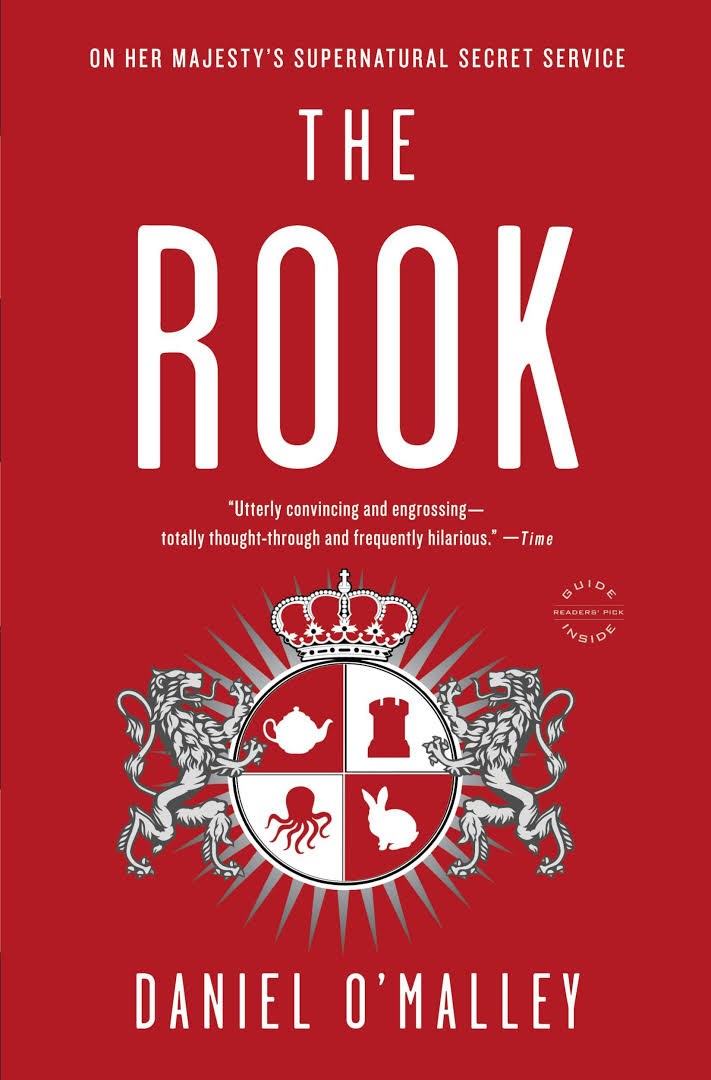“Who we are and what we do [is] fundamentally a function of what we remember,” wrote Joshua Foer in his book Moonwalking with Einstein, which explores the impact of memory.
What if your memory has been taken away, though? These authors show us what lives would be like.
When we first meet Myfanwy in The Rook by Daniel O’Malley, she is lying on the floor among a sea of dead bodies, with no memory of who she is. Thankfully, her former self has predicted this moment and has left a letter in her pocket: “Dear You, the body you are wearing used to be mine...” What Myfanwy gathers from the letter is that she works for Checquy, a secret British government branch that deals with the supernatural, and she has had a sneaking suspicion that someone in the organization wants her eliminated. The newly awakened Myfanwy now has a choice: run away or impersonate herself, return to Checquy and find out who betrays her.
For Quincy, it is a blessing that there is a big empty hole in her memory. She remembers going to the cabin with her friends to celebrate a birthday. She remembers stumbling out of the woods and finding a cop who shoots the killer chasing her. Everything in between is gone. Quincy is one of the three “final girls,” a nickname given by the press to the sole survivors in the kind of massacre you may find in horror movies. Thanks to her memory loss, Quincy is able to lead a calm, well-adjusted life — until Lisa, the first final girl is found dead. A well-crafted psychological thriller, Final Girls by Riley Sager has plenty of red herrings but they all lead to a satisfying conclusion.
Six Wakes by Mur Lafferty is a locked-room mystery — in space. Maria is one of six crew members aboard the Dormire, a ship carrying 2,000 frozen passengers to their new home. Maria is a clone. Clones are ideal for such journeys because when their bodies are about expire, they can just regenerate a new one, and download a mind map of their personality as well as memories of what has transpired so far. Yet this time, when Maria wakes up from the cloning vat, there is no mind map and she can’t remember the circumstances surrounding her death — correction, her murder and the murder of the entire crew.
Trust No One is the perfect name for Paul Cleave’s novel. Jerry, the protagonist, can certainly identify with that sentiment. He was once a bestselling crime writer but now Captain A (for Alzheimer’s) is at the helm, his wife is filing for divorce, his daughter abandons him to a nursing home. Some days when Jerry wakes up, he thinks he is on a book tour and wonders why the hotel’s breakfast buffet is so bare-bones. On other days, he confesses to murders he has committed, only to be told by the nurses that he killed those people in his books, not in real life. Can Jerry trust anything his mind is telling him? In a masterful manipulation between real and imaginary, Cleaves takes readers on a horrifying and heart-wrenching journey into the Alzheimer’s mind, and offers an unforgettable thriller that reinforces the title on every page.
And don’t forget that more great reads await you at your public library.
A Good Read is a column by Tri-City librarians that is published on Wednesdays. Virginia McCreedy works at Port Moody Public Library.



